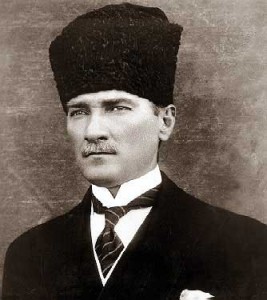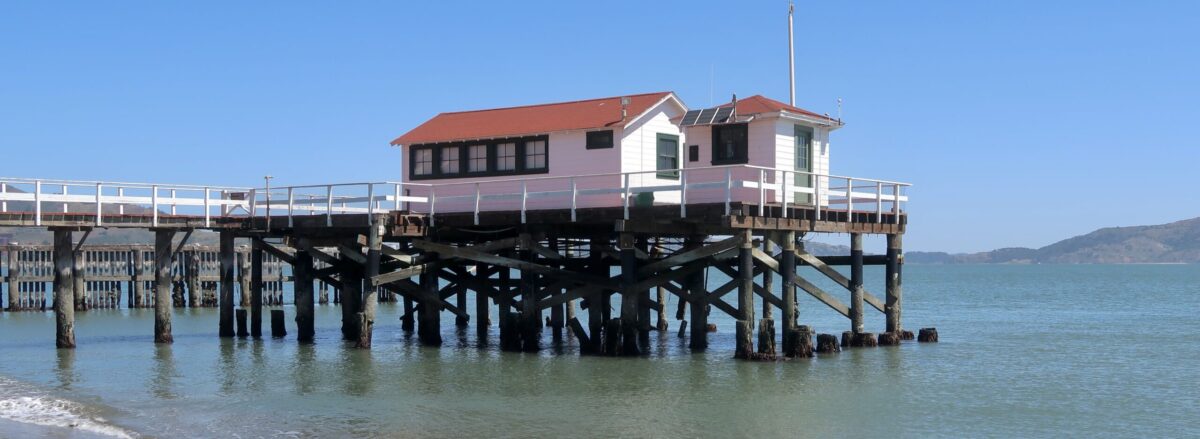“ … Beware of false prophets, who come to you in sheep’s clothing but inwardly are ravenous wolves.” Mathew 7:15
You don’t have to look very far to find such wolves. They are everywhere, but right now the eyes of the world are sharply focused on one these hypocrites.
Recep Tayyip Erdoğan, the current Prime Minister of “mildly Islamic” Turkey has shown his true colors.
Rather than listening to reason and seeking to compromise, the autocratic prime minister recently responded to protest demonstrations with hubris, water canons, rubber bullets and tear gas.
Did I also mention Police brutality?
Caught in a bind, the wolf reluctantly shed his sheep’s clothing and revealed his fangs. And there is nothing “mild” about this would-be sultan. He is a bully and a retrograde tyrant.
 He is bent on re-islamizing” Ataturk’s secular legacy who, almost a century ago, instituted the separation of the State and the Church.
He is bent on re-islamizing” Ataturk’s secular legacy who, almost a century ago, instituted the separation of the State and the Church.
Erdogan is fighting a shadowy war against Turkey’s secular lifestyle and trying to bring the country under the control of backward mullahs.
But in the age of the Internet, there is only so much that a young, worldly population will accept.
Young women refuse to be veiled again and be subservient to old men, and young men demand the right to think for themselves (and to drink liquor if they so desire).
And there is not much, short of very serious troubles, that the Islamists and their followers can do.
Religion should never control a country. It is up to the country to control religion.
In France, the young republic of 1790 understood this and took control of the Church’s affairs. The church balked, but since that time it is not up to the church to dictate but to follow the Republic’s edicts, and that’s the way it should be.
Erdogan, you sneaky Islamist, beware:
Arx tarpeia Capitoli proxima (The Tarpeian Rock is close to the Capitol).
In other words, one’s fall from grace can come swiftly.
Alain


